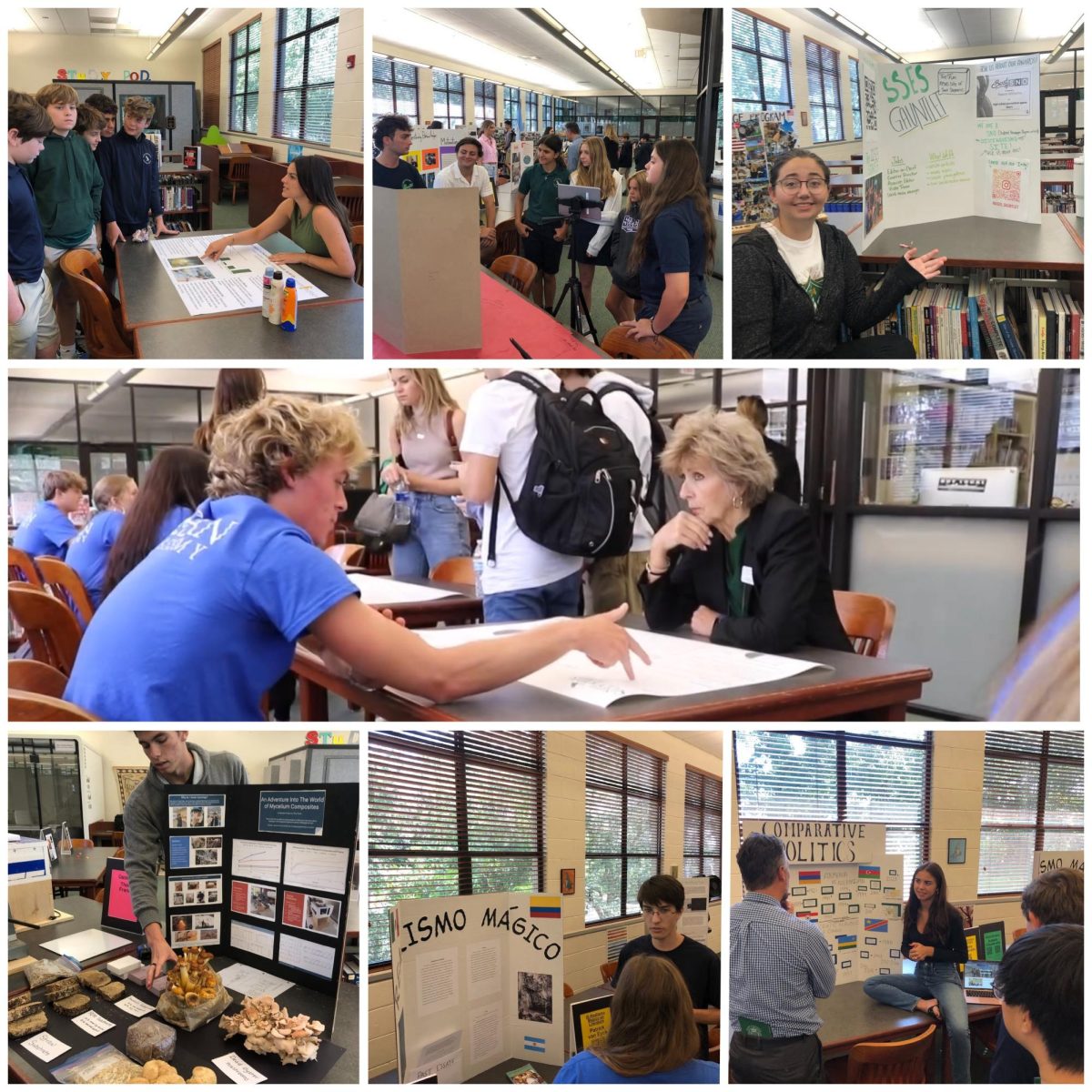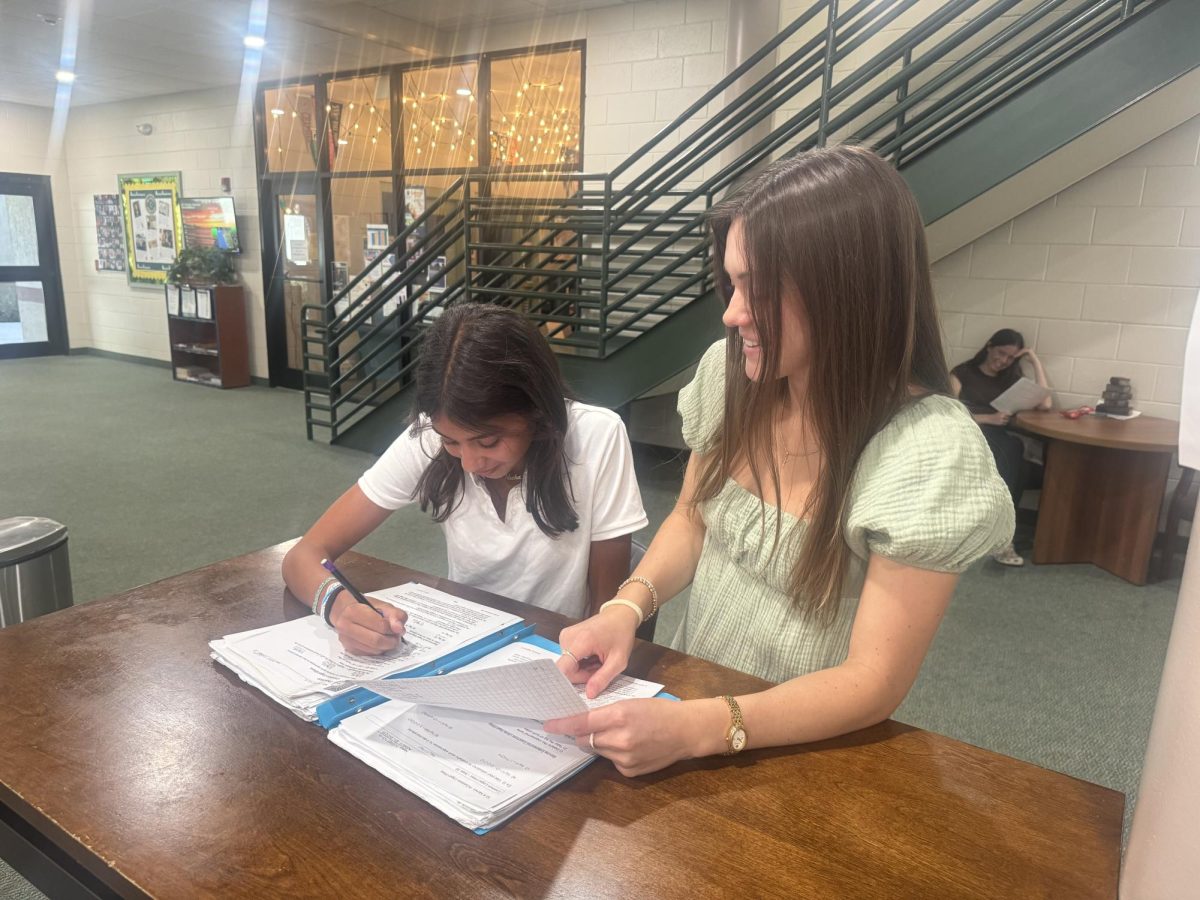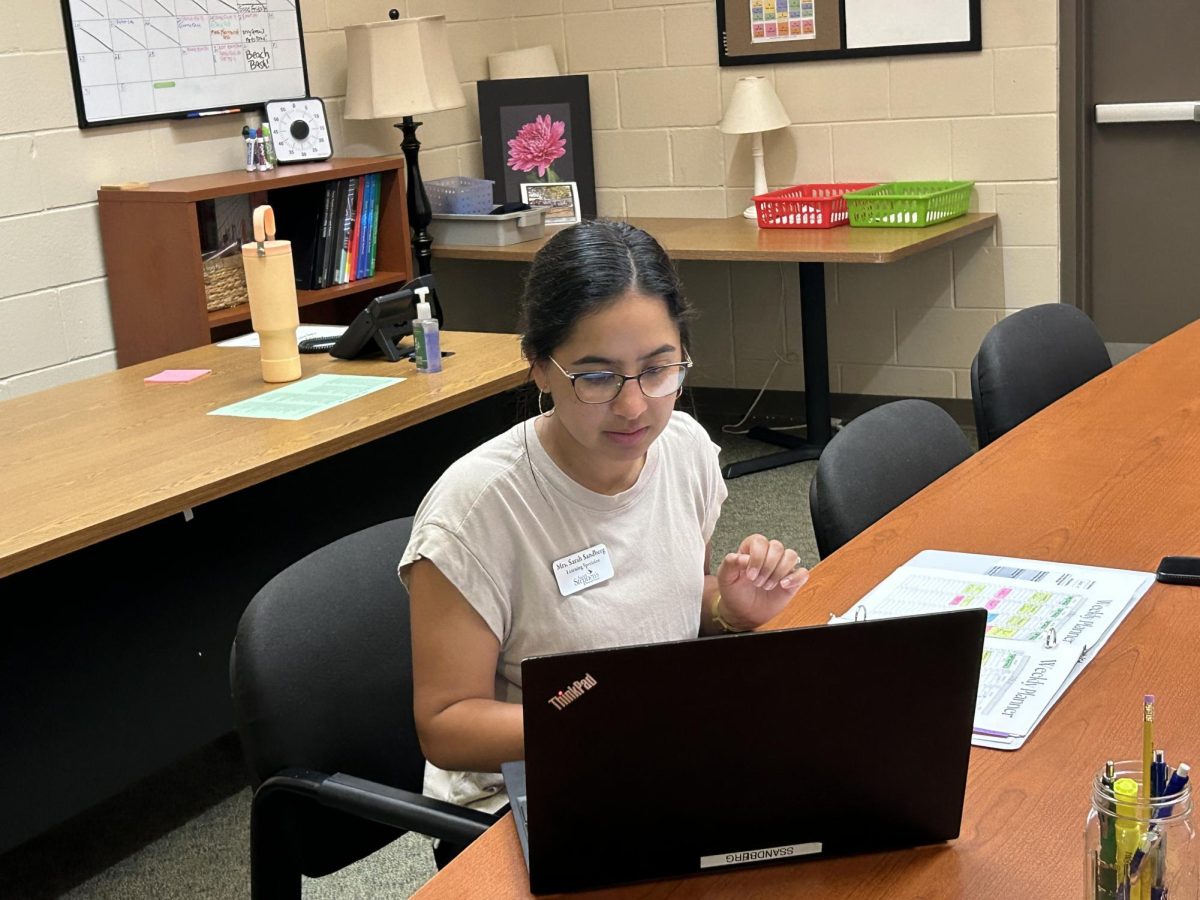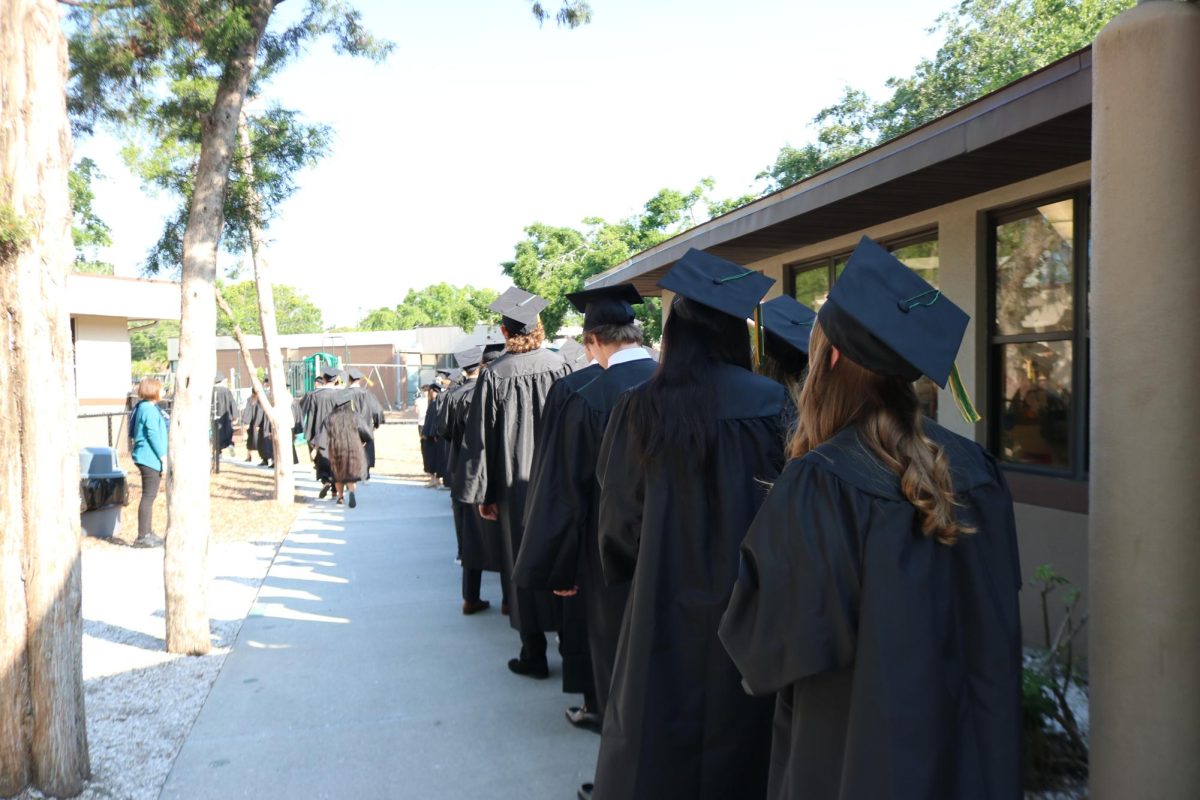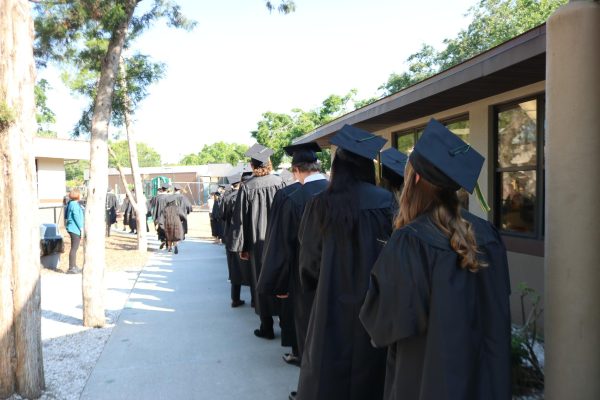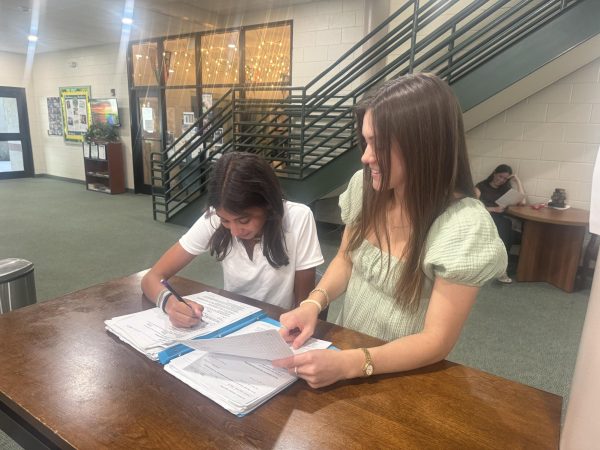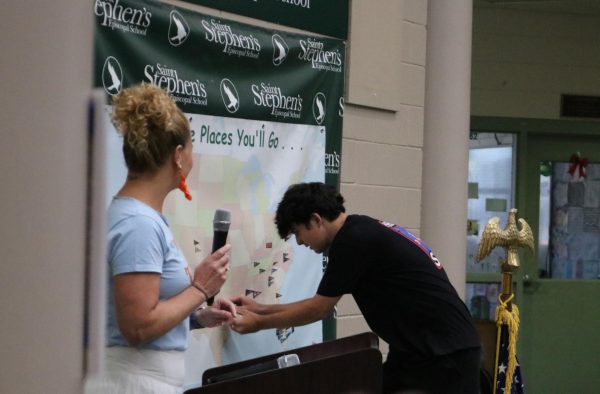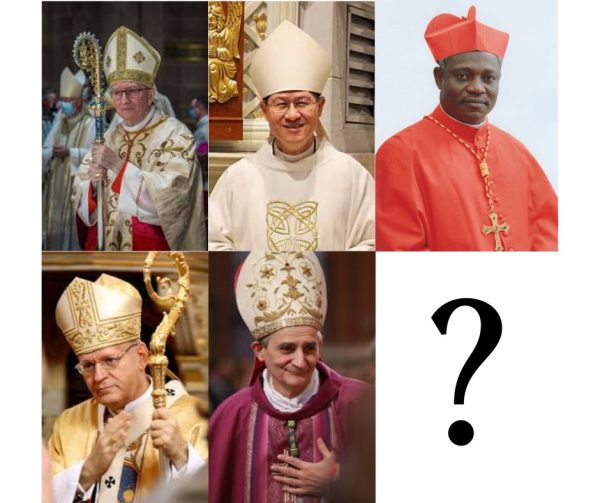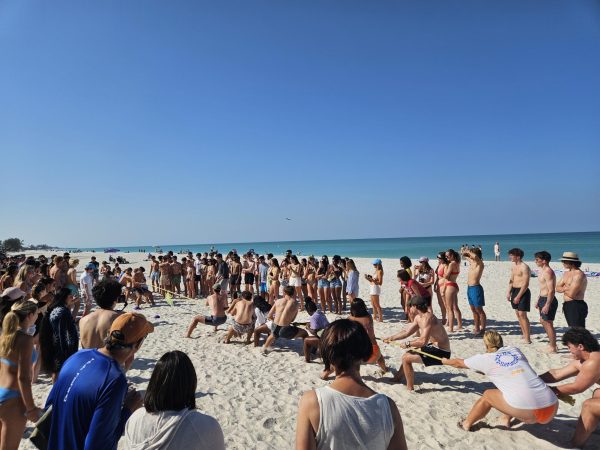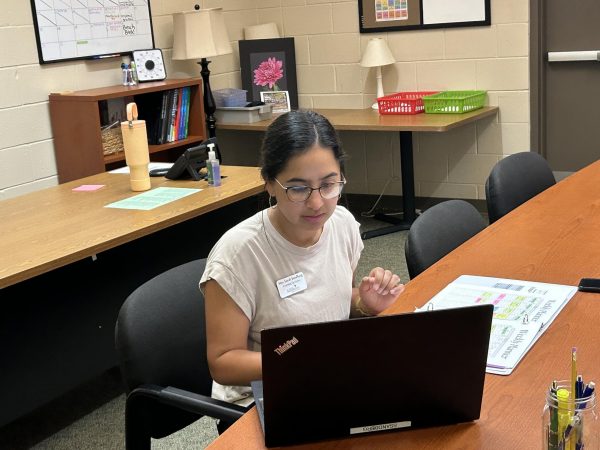Sport season overlap causes a stir on campus. What can be done?
Fall sport athletes often miss the beginning of their winter sport seasons. The same occurs in the spring. Perhaps there are some steps we can take to relieve this issue. Read on.
November 27, 2017
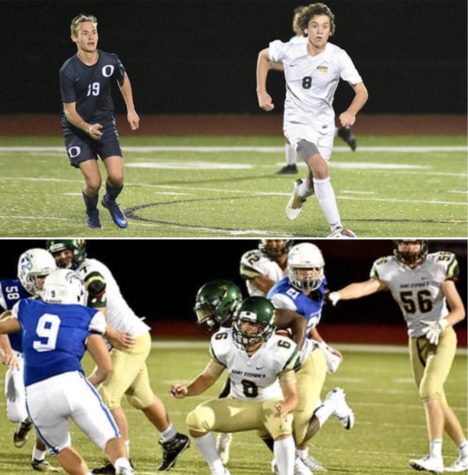
At the end of every sports season and at the beginning of every new one, there is an “overlap”: a time when a new season has begun despite the previous one continuing, often due to a team’s success in post-season district, regional, and state competition. This overlap, especially in recent years, has caused a stir for teams and athletes alike, as the seasons seem to be getting longer and longer due to increased success and other factors (think Hurricane Irma) making their way into the mix.
For the multi-seasonal sportsman, the inability to switch over to the “current” sport can cause many issues, from missing practices and key skills to the team’s stress as a result of missing a major teammate. Student-athletes are required to finish their current season, no matter what their position or situation.
Many students feel that this is unfair to them because they miss out on games of their second season and lose the chance to show their ability to the coach. They feel that this can lead to an earnest detriment to their season, which may be their “main” sport. Additionally, it may pose an unfair advantage to other players.
For some athletes, like soccer goalie Trevor Mulqeen, the overlap between sports means he could be missing three weeks of his soccer season. For someone like him, that could be a make or break factor in whether or not he plays football (his fall sport) in the first place.
As a result, some students may choose not to play a sport due to overlap if their priority is in the second season sport.
An example of a student suffering from the overlap problem is sophomore Jaclyn Schlossberg. She is currently running Cross Country but her main sport is soccer (a winter sport). Seven people will run for the Cross Country States and Regionals in northern Florida, but the team takes three “alternates,” who are ranked from fastest to slowest, in case someone gets injured.
Jackie is the lowest-ranking alternate, and unless three people get injured, she will not be running at all. Nonetheless, as a loyal team-player, she was left without much of a reasonable option but to make the trip to States in Tallahassee, and she will miss several soccer practices and games, even though she is not going to run.
Schlossberg said she feels this is unfair because she could be working hard on the girl’s varsity soccer team, but instead she is caught between a rock and a hard place. She said, “I would like to go straight to soccer but the policy keeps me in cross country, even though I’m not running, which feels unfair.”
On the other side of the argument, Athletic Director Paoletti stresses that there are many reasons for the policy, some of which are out of his control (for example, teams having success and going deeper into state competition).
Paoletti feels students shouldn’t just be allowed to leave early from current seasons because that shows lack of dedication to the team and it can hurt the team’s performance, which students understand. Also, not all teams overlap. Only teams that are successful do so, which can’t be helped.
In the context of Saint Stephen’s, however, it’s clear that the majority of teams find success in a way that causes an overlap in some form or another.
Mr. Paoletti expressed said, “The overlap of the seasons only pertains to teams that are successful. If a team does not advance beyond districts, then there is no overlap. It is only because Saint Stephen’s is so successful that we experience excessive overlap.”
Another student affected by the overlap is Trevor Mulqeen. Trevor is the starting kicker for the varsity football team and a valuable asset that the team cannot afford to lose, but he is also the starting varsity boys soccer goalie, and is extremely important at every game.
Mulqueen would like to be able to finish football entirely and not miss out on the Soccer season.
According to Mulqueen, “It’s unfair to me that I can’t get my whole soccer season in; if I miss a game the team will be without their goalie and that is unfair to them. There needs to be a way for kids to do both their seasons without missing out on any of their other season.”
Perhaps, if anything, the policy that one cannot leave a sport, if you play no major role, should be reviewed by the school. Or perhaps the policy can be managed on a case-by-case basis. Another suggestion would be that seasonal planning should look to avoid the overlap as much as it can. If this problem could be addressed, it would help relieve a lot of the growing tension between the students, coaches and administration. We can do this together. Go Falcons!



